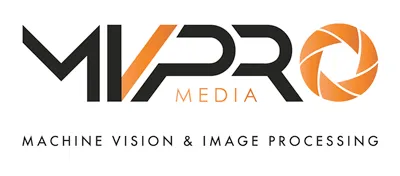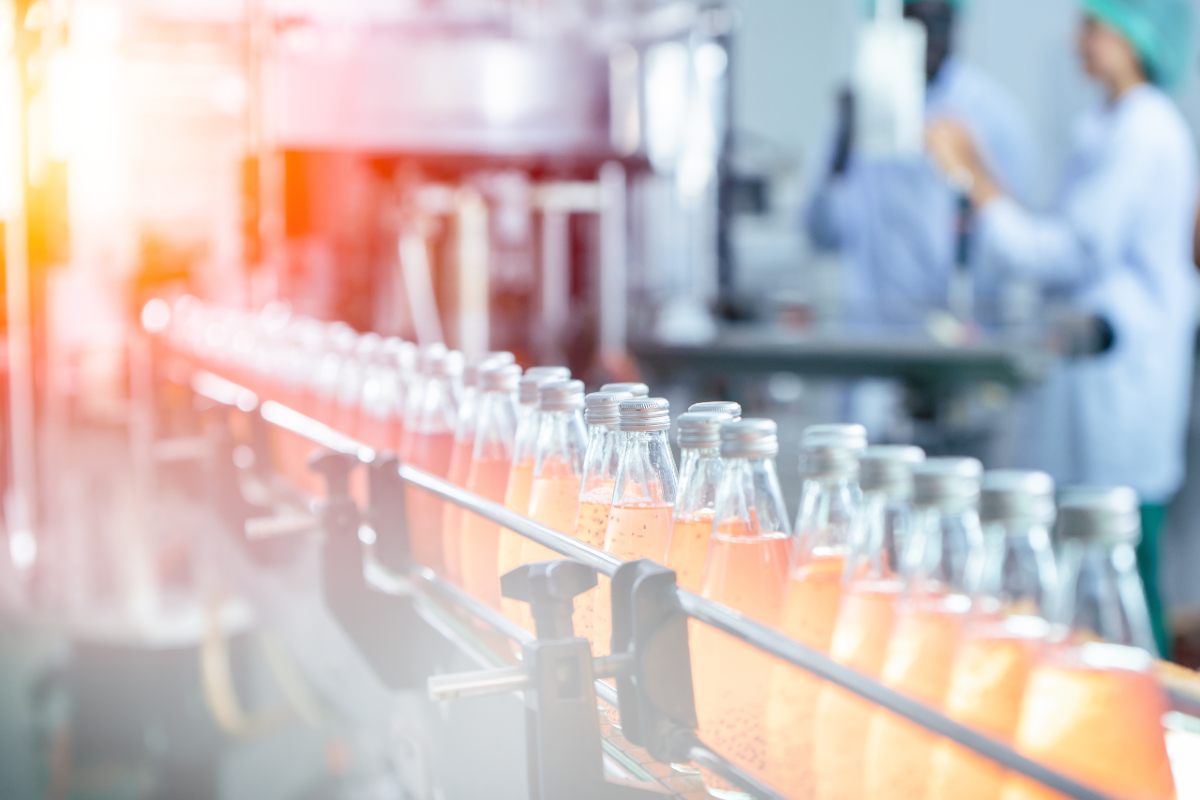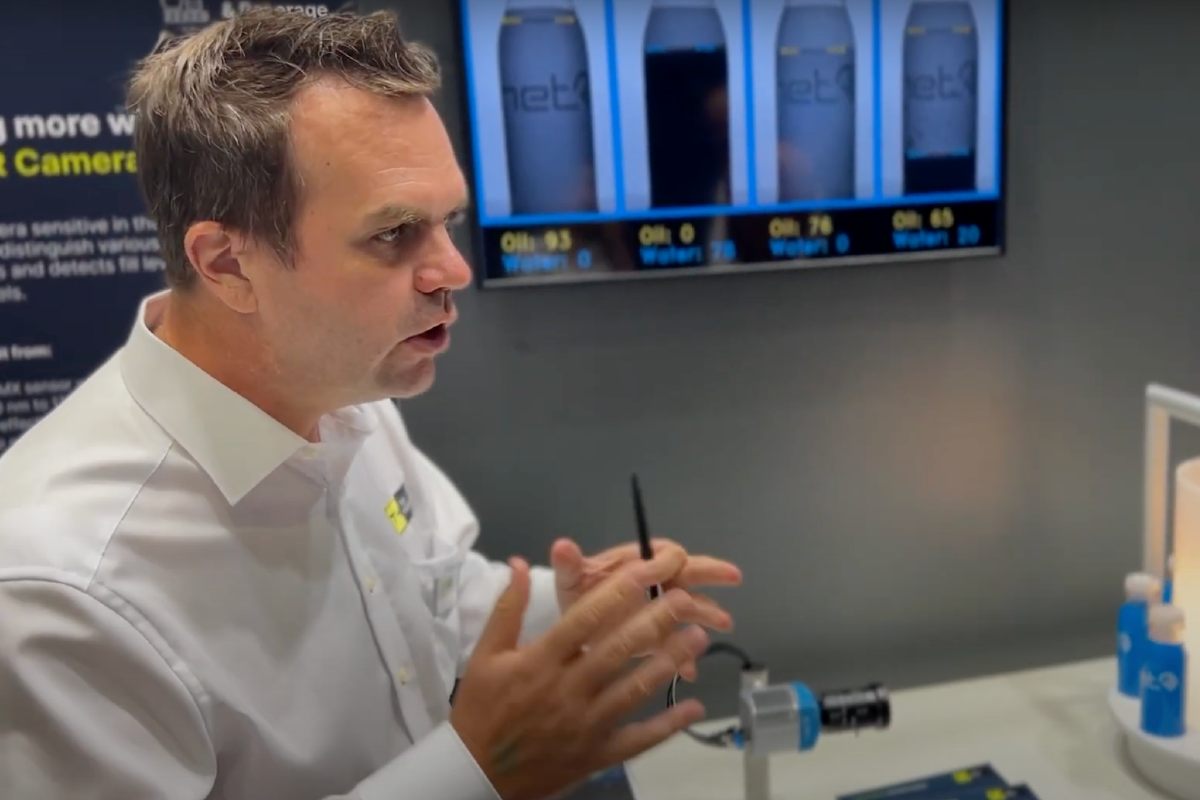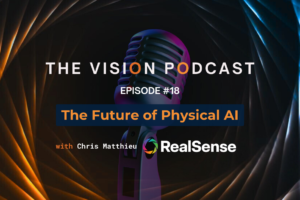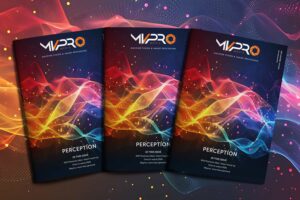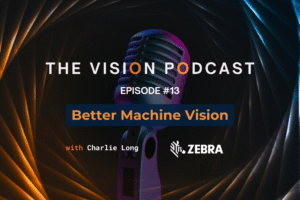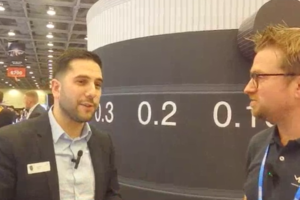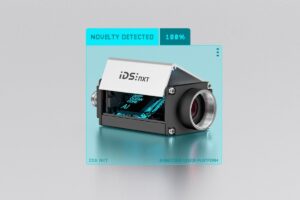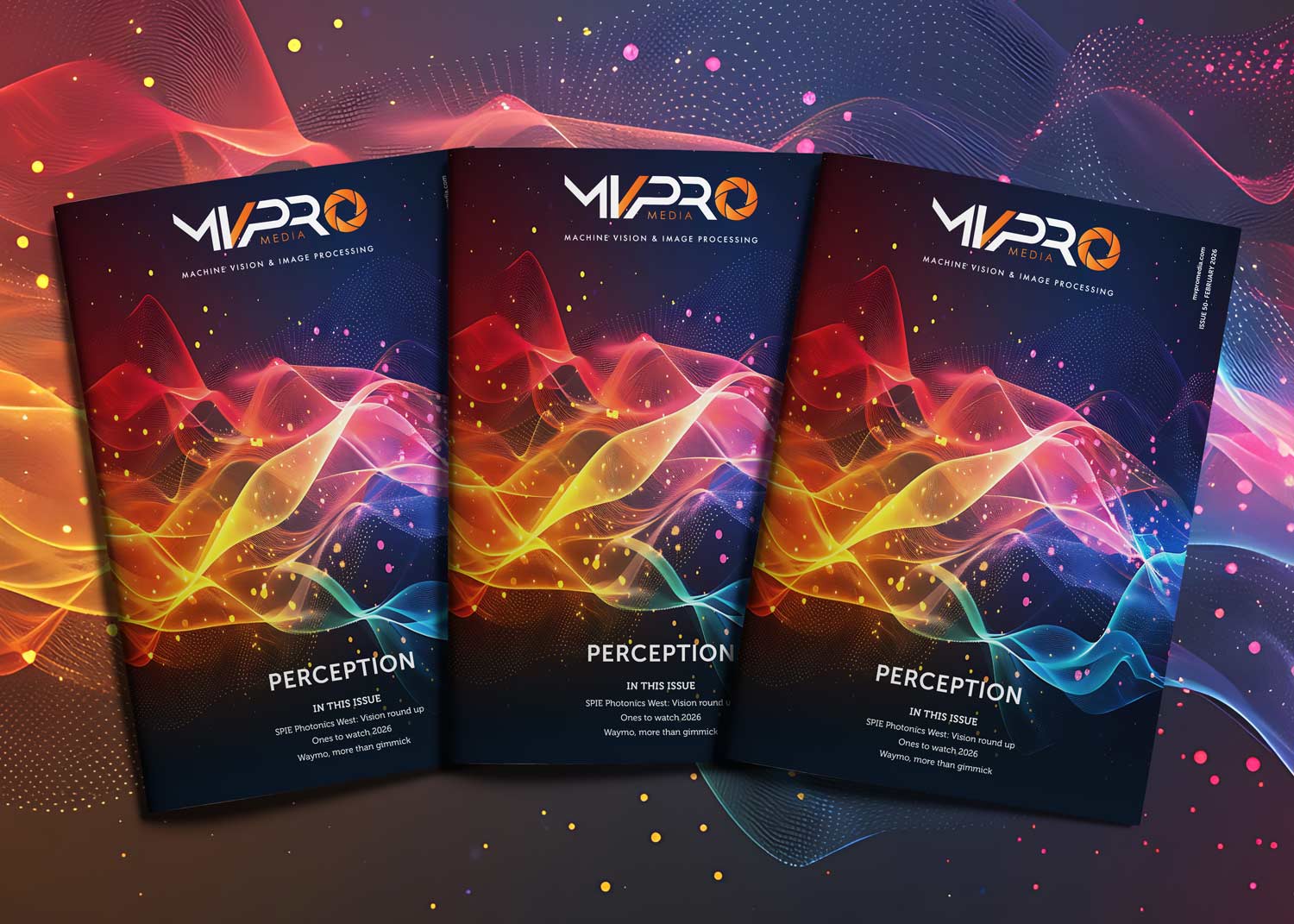As part of our latest issue of MVPro Magazine, which will be available at VISION 2024, we have produced a deep dive into the growth of machine vision in the food and beverage industry.
Many industries have been boosted by the immense capabilities of machine vision, allowing their businesses to function more efficiently and smoothly. A key beneficiary of this is the food and beverage industry, where machine vision technology has enabled faster, more accurate processing.
A Growing Industry
The food industry itself has grown significantly in recent years. According to Vision Markets’ report of the Machine Vision components market from earlier this year, the food industry surpassed the revenue mark of $1 billion with Machine Vision components in 2022 for the first time. [1]
Meanwhile, statistics from the UK Government found that the food chain’s GVA (gross value added) (excluding agriculture and fishing) was £132.9bn in 2022, an increase of 15.4% from 2021. The GVA for all food and drink sectors increased too; wholesale by 31.3%, catering by 23.4%, manufacturing by 15.2%, and retail by 2.3%. The value of food and drink exports in 2023 was £24.4 billion. [2]
UK-based manufacturing businesses are committed to investing despite challenging business conditions. According to FDF, the UK’s 12,460 food and drink manufacturing businesses combined for a total investment of £3.1bn, down by 22.7% from 2021. [3]
Revenue in the Food market reached $9.12 trillion in 2024, with the market tipped to grow annually by 6.47% (CAGR 2024-2029). The Food market is expected to show a volume growth of 3.9% in 2025. [4]
Machine vision speeds up food and beverage production
Here on MVPro Media, we have seen a rise in machine vision technology being implemented in food and beverage. One such innovation came from Mitsubishi Electric, who enabled the development of innovative composting machines that can turn food waste into high-quality fertiliser in just 24 hours. [5]
This will save a considerable amount of time, as explained by Maria Wendt, Marketing Communication Manager at Mitsubishi Electric Scandinavia, who said:
“What once took a year to complete can now be achieved in just 24 hours, significantly improving efficiency and sustainability. This solution represents a major step forward in waste management and environmental protection.”
Elsewhere, avercasso recently unveiled the CS One, the industry’s first AI-powered green coffee bean sorting solution. This innovation selects beans with stability and precision, saving time and labour costs during the coffee-making process. [6]
Detecting defects
Along with speeding up production, machine vision technology can also be used to detect defects in food production with impressive speed and accuracy. One company which has enabled this is INNDEO, developing the Thermoseal & Label Inspector solution to reliably inspect packaging and read labels. The cameras are positioned at various inspection points to take images of the objects, which are then processed using MVTec Software’s HALCON software. [7]
[1] Vision Markets
[2] GOV.UK
[3] FDF (Food & Drink Federation)
[4] Statista
[6] MVPro Media, “AI-Powered Coffee Bean Sorter, avercasso® CS One, Receives the iF DESIGN AWARD 2024”
